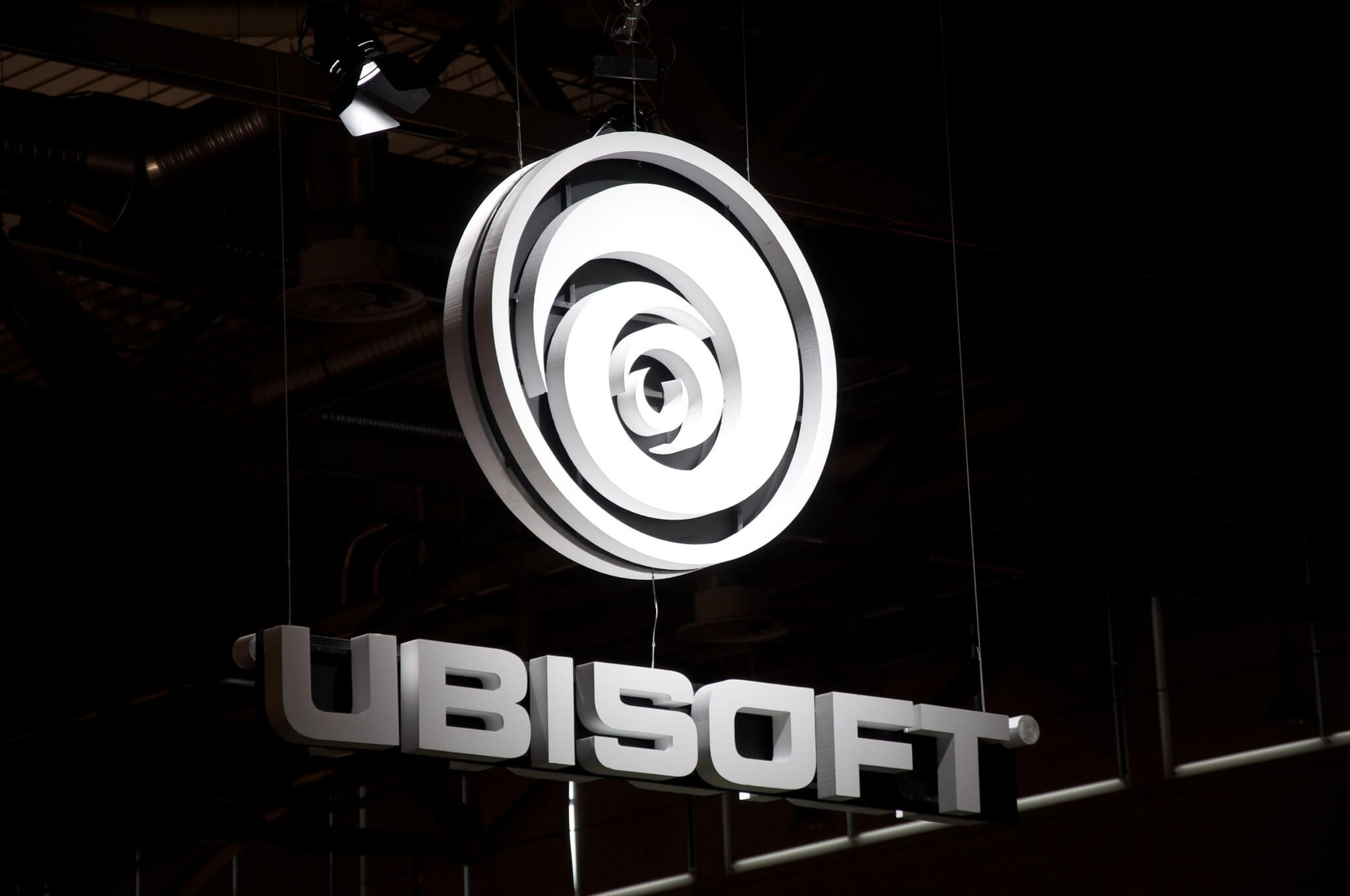A hot potato: Over the past few weeks, Ubisoft CEO Yves Guillemot has been engaged in a “rigorous review” following “recent allegations of misconduct and inappropriate behavior.” In a recent company-wide letter, he states that “toxic behaviors are unacceptable” and are “in direct contrast” to his values and Ubisoft’s. As a result, Ubisoft has ended relations with several high-profile employees.

Ubisoft announced yesterday that three senior executives have left their positions. Managing Director of Ubisoft’s Canadian studios Yannis Mallat and Chief Creative Officer Serge Hascoët have resigned. Global Head of HR Cécile Cornet has elected to transition into a different role. The news comes only two weeks after Vice Presidents Maxime Béland and Tommy François were placed on disciplinary leave pending an investigation into an alleged pattern of abuse.
Ubisoft games are likely to have a different feel to them in the future. Hascoët was responsible for writing the guidelines for every title the company produced, from Assassin’s Creed to Far Cry. Béland and François worked under him shaping the specifics of individual titles early in the development phase. Mallat was directly in control over the games that have come out of the Toronto studio, including the upcoming Watch Dogs: Legion.

Serge Hascoët
Although Ubisoft has not revealed the specific outcomes of their internal investigation, private inquiries conducted by Kotaku and Libération provide an approximate outline of the culture at Ubisoft.
Current and former employees describe the company as using regular parties featuring surplus alcohol to keep employees engaged, possibly as a technique to distract from poor working conditions. At the parties, drunk executives and junior staff would intermingle. The consequence was a severe break in professionalism that led to a culture of power abuse and misogyny. HR proved consistently unhelpful.
There’s one particularly egregious incident that stands out. In 2014, at a party celebrating the release of Far Cry 4, Béland put his hands around a female employee’s neck as part of a sexual joke. “I didn’t react right away, because I was sort of like, ‘What is happening here?’ and then by the time I realized what was happening he stopped,” she told Kotaku. She met with Béland the next day who apologized. HR, run by Béland’s wife at the time, deemed the apology sufficient and declined to officiate a report.
https://www.techspot.com/news/85964-senior-ubisoft-execs-quit-after-abuse-allegations.html